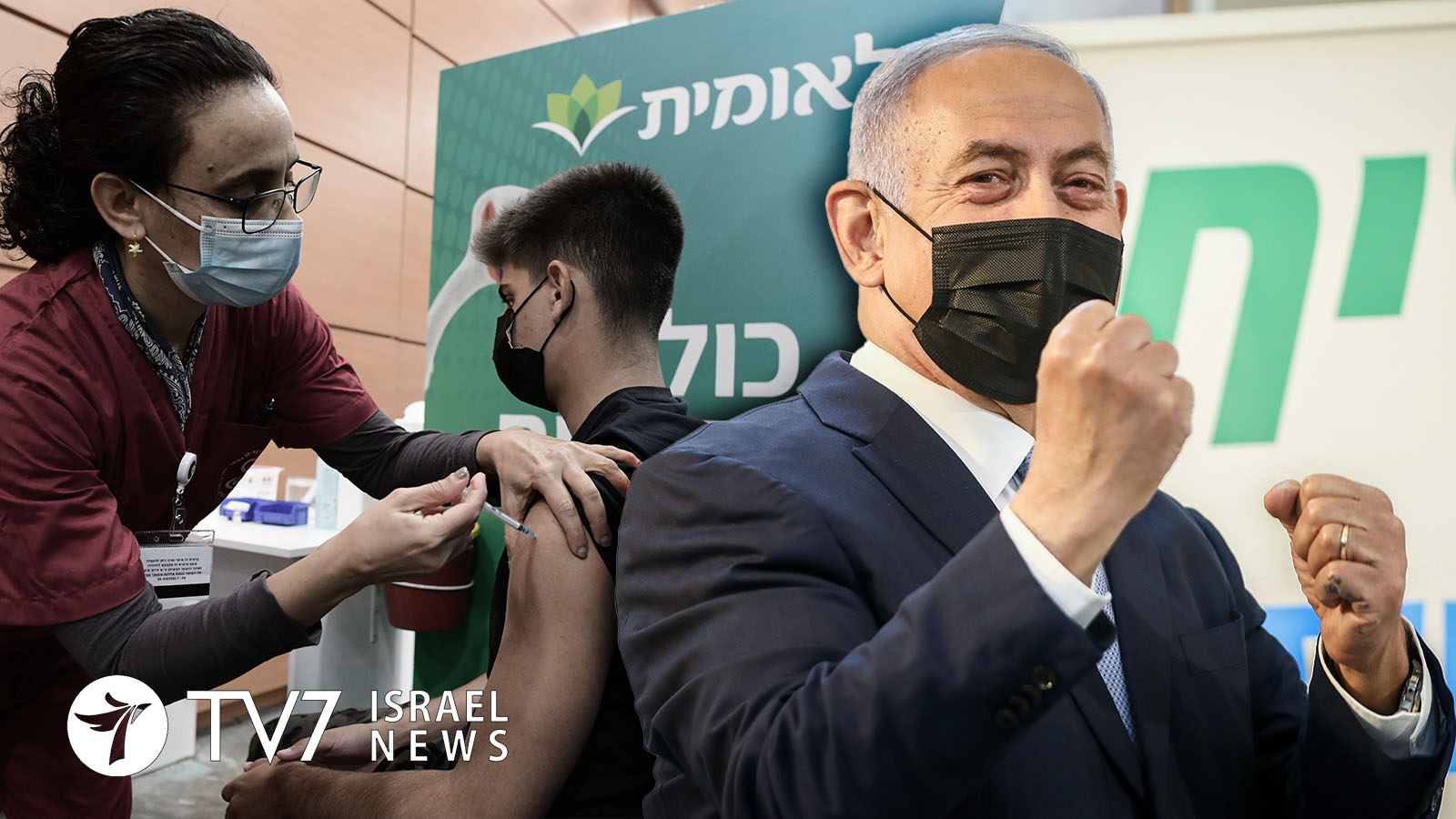The world’s most efficient coronavirus inoculation drive has been achieved by Israel, whose efficient and swift campaign has also made the country into the largest real-world study of the Pfizer Inc. /BioNTech vaccine.
As a small country with universal healthcare, advanced data capabilities and the realization of a coordinated plan, Israel is the first to provide the unique opportunity to study the real-world impact of the vaccine outside of controlled clinical trials.
Israel launched the program on 19 December with administration to people over 60 before gradually opening availability to the rest of the population. Each detail was meticulously tracked digitally, down to specific vials used and which arm patients preferred to be jabbed.
80% of the country’s senior citizens have already been either partially or fully vaccinated.
Over 50% of all eligible Israelis have also received at least one of the two anti-COVID-19 shots – representing 3.5 million people out of the overall 9 million population.
Pfizer has joined health authorities worldwide to monitor effects of the Israeli campaign to deepen knowledge as how to administer vaccines elsewhere.
There has been a stunning reduction of illness among the older and at-risk groups. Eran Segal, a data scientist at the Weizmann Institute of Science in Rehovot, was cited by Reuters saying there has been 53% fewer new infections, 39% less hospitalizations and a 31% decline in severe illnesses of fully-vaccinated citizens between mid-January and 6 February.
This, compared with a 15% rise in hospitalizations and 29% increase of severe illness among those yet to have been inoculated during the same time frame.
Meanwhile, the 3rd national lockdown which has just been eased, struggled to contain transmission of the virus due to what is being attributed to the fast-spreading United Kingdom variant of the disease.
On a positive note, the Pfizer/BioNTech shot appears to be effective against British strain up to 90% – 95% efficacy, Israeli Health Ministry Director General Hezi Levi told Reuters.
Other results by Israel’s Maccabi healthcare provider shows that one week after receiving the second Pfizer dose, 254 out of 416,900 people were infected indicating 91% efficacy – with no recorded new cases 22 days after full vaccination.
There are also early signs that even if vaccinated people get infected, they are less likely to infect others, said Chief Science Officer Yaniv Erlich of MyHeritage, which operates Israel’s biggest COVID-19 testing center.
“The data so far is probably most clear from Israel. I do believe that these vaccines will reduce onward transmission,” commented Stefan Baral, from Johns Hopkins School of Public Health in the US state of Maryland.
Hope that the vaccines can eradicate COVID-19 is unlikely.
Data from previous decades indicates that viruses become endemic and seasonal, said Michal Linial, a Professor of Molecular Biology and Bioinformatics at the Hebrew University of Jerusalem. “The virus is not going anywhere,” she said, although predicting the disease will become far less aggressive and ultimately requiring only booster shots within three years.
Meanwhile, Israel’s Teva Pharmaceutical Industries is in talks with COVID-19 vaccine makers to co-produce some shots.
In an exclusive interview with Reuters yesterday, Teva CEO Kare Schultz said “In principle, we are positive towards contributing by manufacturing some of those vaccines that either have been approved or are just about to be approved.”
Israel’s own “BriLife” vaccine is expected to begin the third stage of human clinical trials in the coming months at Israel’s Institute for Biological Research (IIBR), which is overseen by the Defense Ministry (IMoD).
